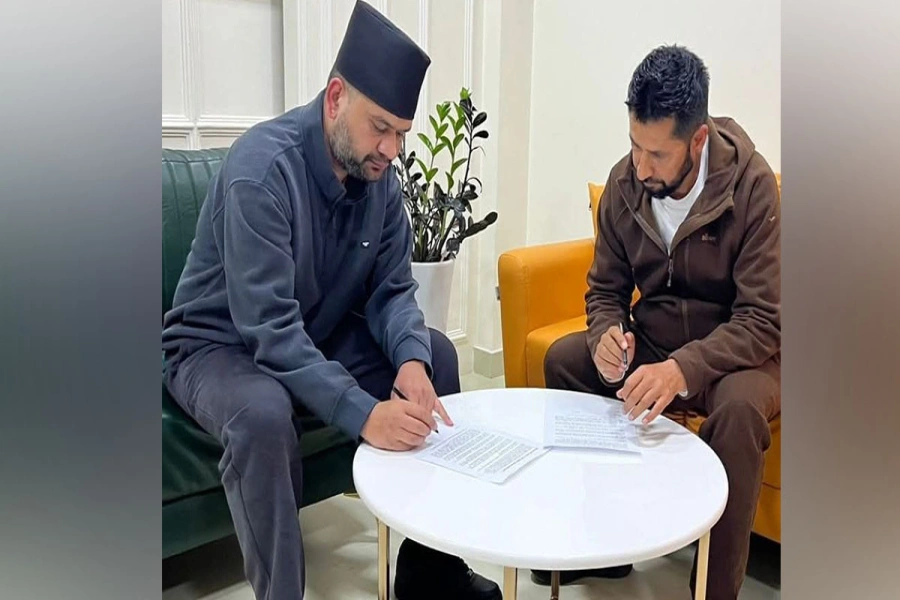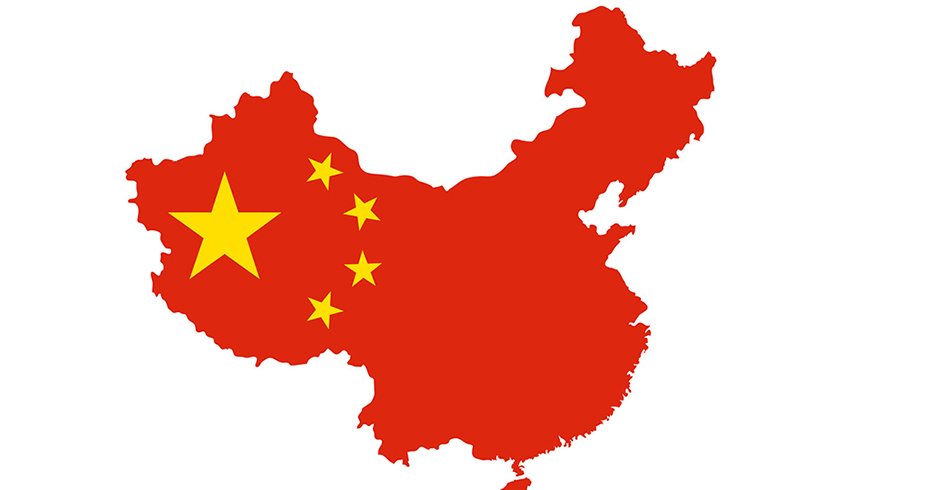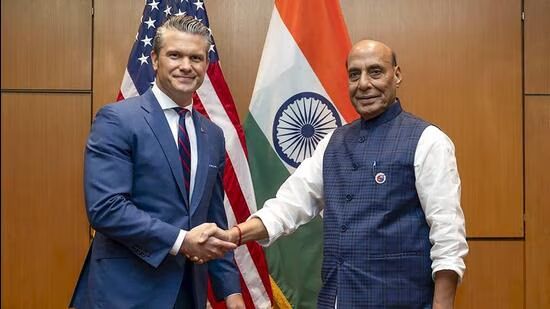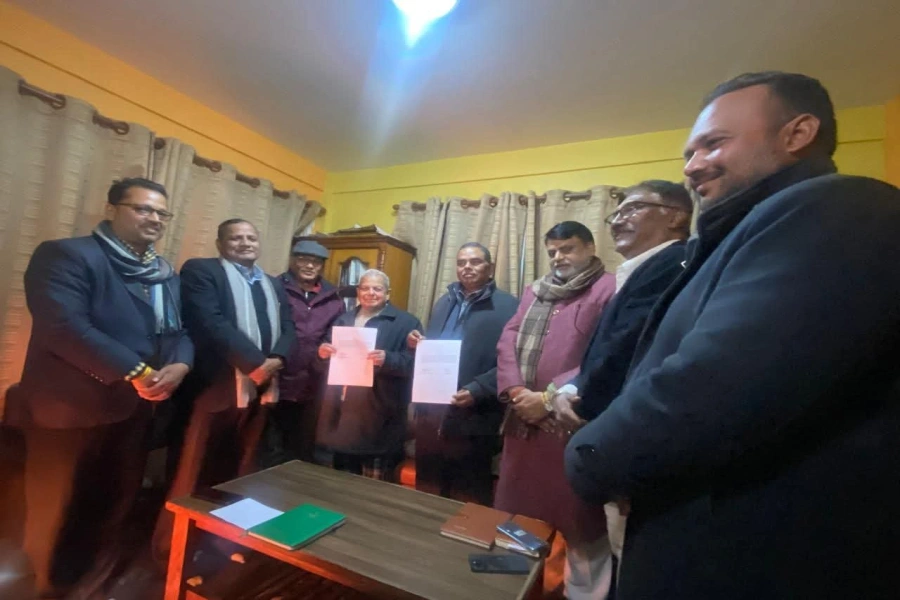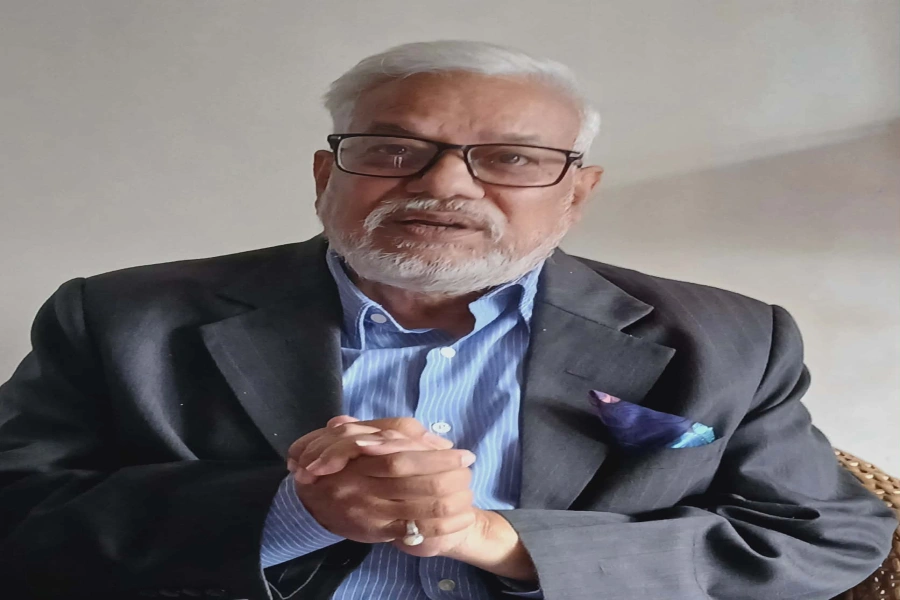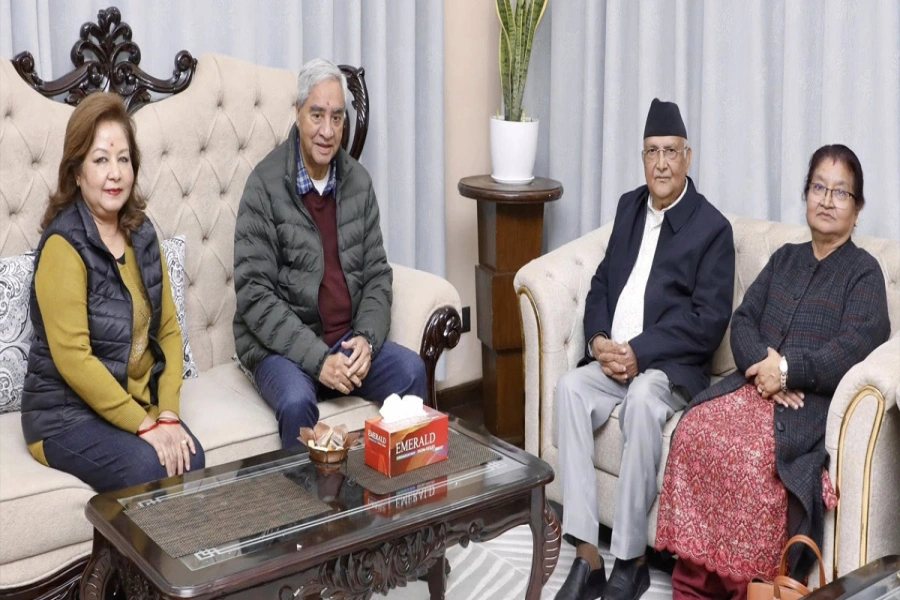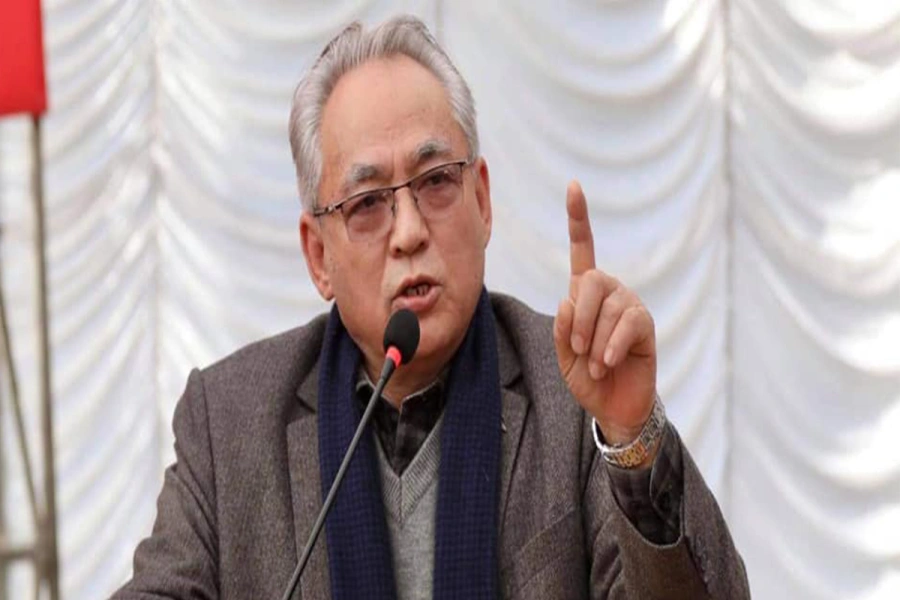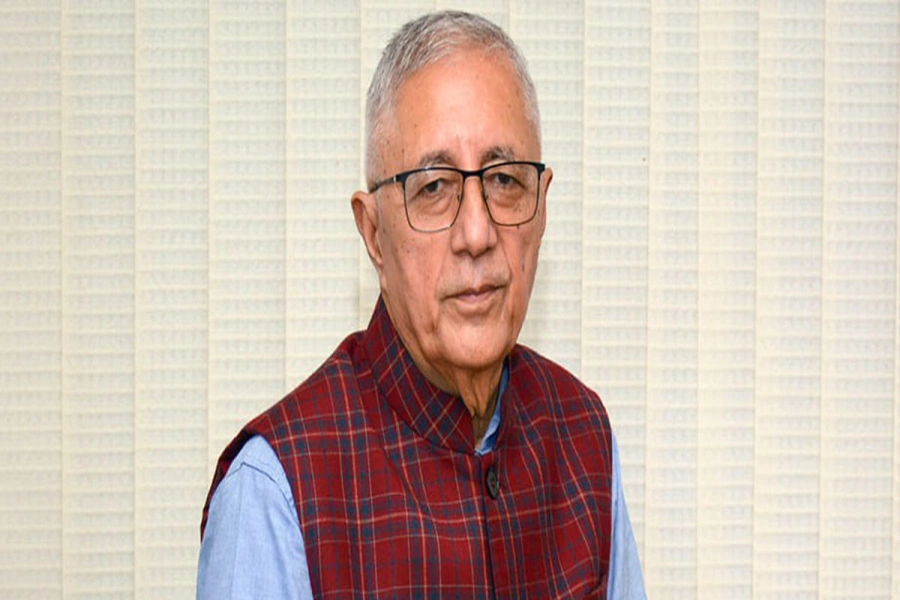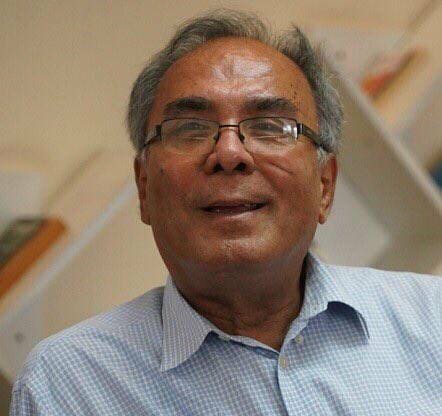Pakistani PM’s Nepal visit
Even before Pakistani Prime Minister Shahid Khaqan Abbasi landed in Kathmandu on Monday for a two-day visit, there had been some unnecessary reading about purpose of his visit. Some even said Abbasi was here to promote China-Nepal-Pakistan relation thus alienating India. Such suspicions are groundless. As a matter of fact, Abbasi’s visit was meaningful. First, he is the first head of government to visit Nepal since Prime Minister KP Sharma Oli was elected prime minister on February 15. Also, he is the first Pakistani PM to come to Nepal on a purely bilateral visit since Benazir Bhutto visited Nepal in 1994 though Pakistani prime ministers have come to Nepal to attend SARRC summits in between. PM Abbasi held meetings with Prime Minister Oli and discussed a wide range of bilateral issues, most important of them being resumption of SAARC summit. This is important given that SAARC summit has stalled for two years because of tensions between India and Pakistan.
JICA and CAAN join hands to improve air navigation service for...

Pakistan was to host the summit in November 2016 but had to cancel it after India and three other SAARC member countries—Bangladesh, Afghanistan and Bhutan—announced to boycott the summit citing tensions between India and Pakistan over Kashmir issue. PM Abbasi’s concern for SAARC summit should be taken in good faith because uncertain summit has held multilateral initiatives among SAARC states on trade, combating terrorism and mutual cooperation in limbo. SAARC needs a facelift and should be developed into a vibrant regional organization with support and cooperation from both India and Pakistan. Given the interdependence of member states, neither India nor Pakistan should remain hostile toward each other. And Nepal, as the chair of SAARC, should be able to mediate for peaceful resolution of conflict between India and Pakistan.
This visit should be capitalized on enhancing trade, cooperation and connectivity. As both Nepal and Pakistan are members of Belt and Road Initiative (BRI), the two countries can make a significant progress on this connectivity initiative if they work together. Since Nepal and Pakistan established diplomatic relation in 1960, the two countries have maintained good relations. A number of mechanisms have been established to enhance economic cooperation. Nepal-Pakistan Joint Economic Commission (JEC) was set up at finance ministry level in 1983. The JEC has agreed to step up efforts to expand trade, investment, and industrial joint ventures. A Joint Business Council (JBC) was established in November 1996 between Federation of Nepalese Chambers of Commerce and Industry (FNCCI) and the Federation of Pakistan Chambers of Commerce and Industry (FPCCI) to promote bilateral trade. Confederation of Nepalese Industries (CNI) signed MOUs with Karachi, Islamabad and Lahore Chambers of Commerce and Industry in February 2005. With these frameworks, the two countries have set the ground for enhancing trade and commerce. Nepal exports woolen shawls, leather, hide and skin and herbs medicines to Pakistan while importing refined leather, machinery and parts, shoes and sandals among others. We hope Abbasi’s visit will enhance trade and further cement bilateral relations between the two countries.





